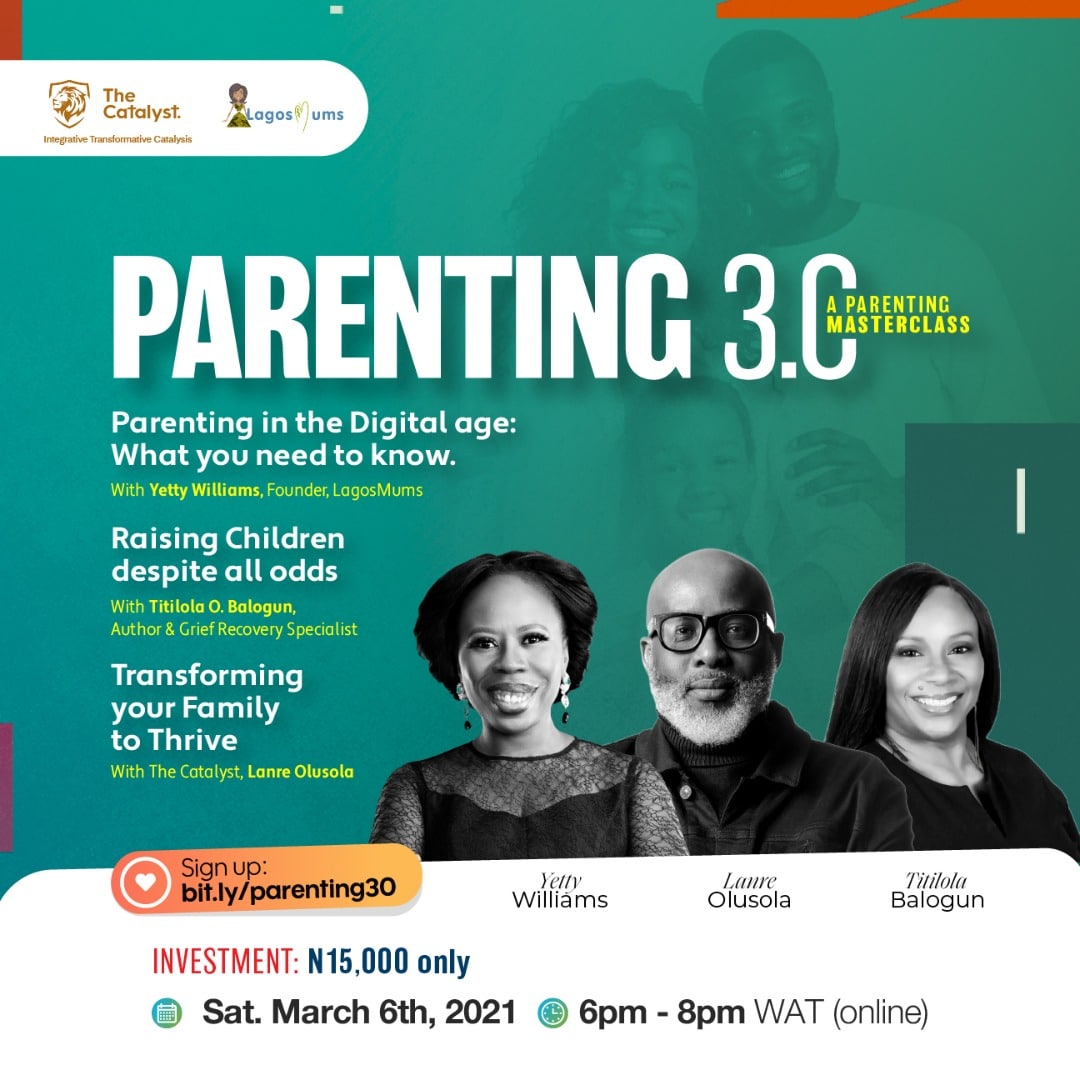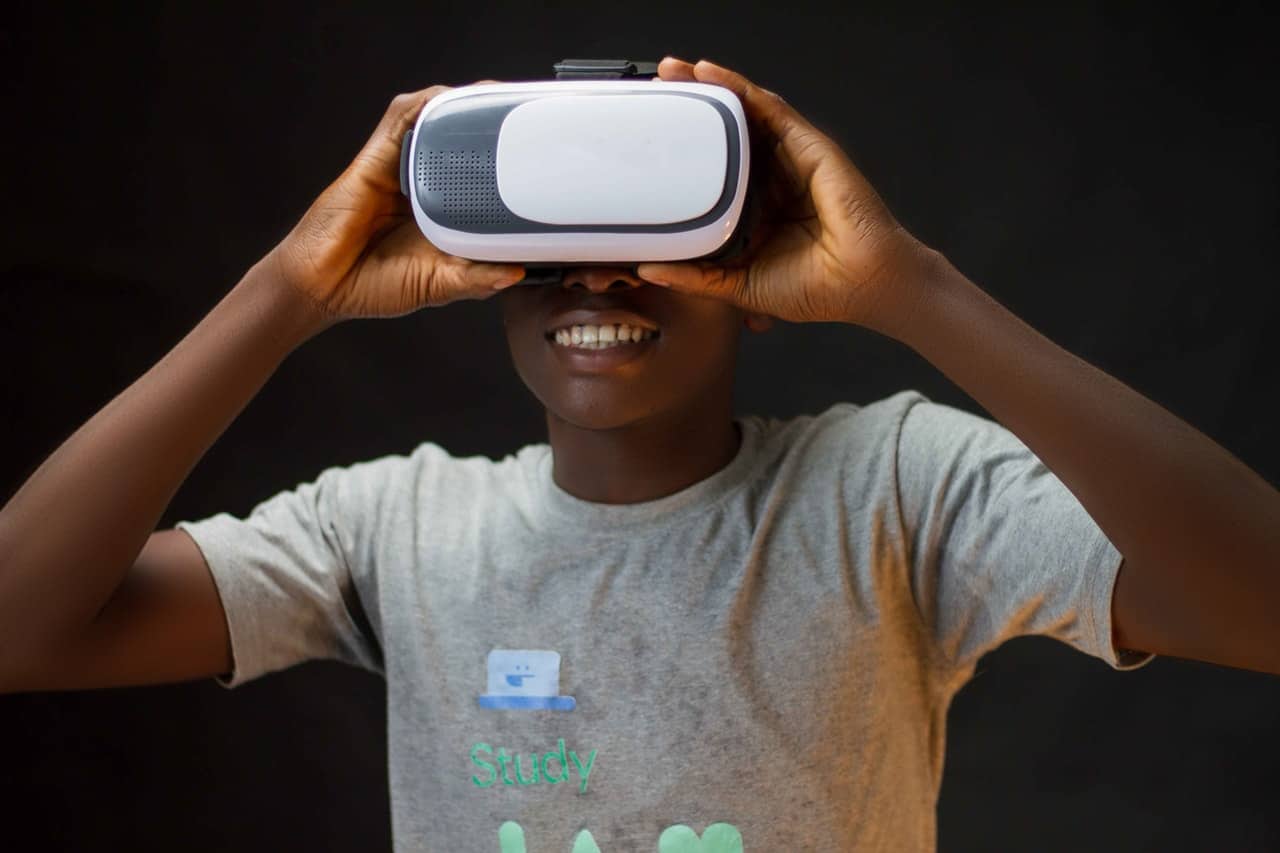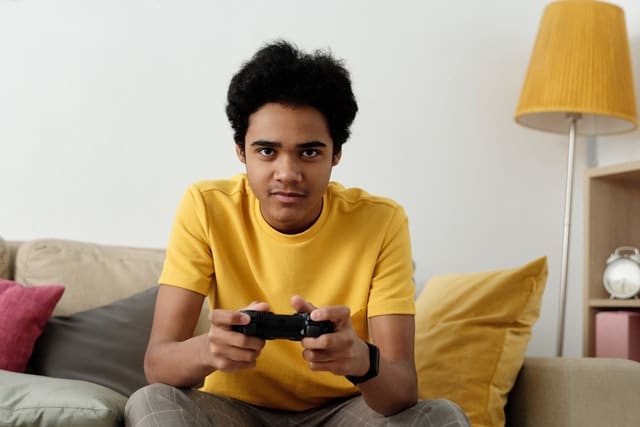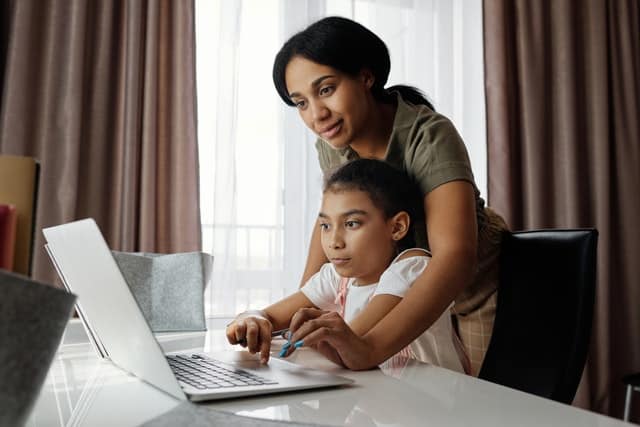Parenting our children in this digital age is not about sheltering them from the harshness of the world. It’s about preparing them to thrive in a complex and challenging reality; whether you are new to parenting or have raised children for years.
LagosMums hosted a parenting upgrade masterclass, themed “Parenting 3.0”; where we had amazing speakers talk about all things parenting.
 The Parenting 3.0 was a success filled with great insights on parenting. Titilola Balogun shared interesting points on grieving, explaining how our children can respond to or be affected by it. Yetty Williams spoke about what you need to know when parenting in the digital age. Lanre Olusola highlighted the three mindset types that are available.
The Parenting 3.0 was a success filled with great insights on parenting. Titilola Balogun shared interesting points on grieving, explaining how our children can respond to or be affected by it. Yetty Williams spoke about what you need to know when parenting in the digital age. Lanre Olusola highlighted the three mindset types that are available.
Did you miss out on Parenting 3.0? You can now purchase the replay of the Parenting 3.0 Masterclass to gain the knowledge to upgrade your parenting. Buy Here
Parenting in the Digital Age
We will focus on the highlight from Yetty Williams’s aspect of the masterclass, where she discusses what parents need to know about parenting their children in the digital age. Here is her take on the discussion:
What Citizenship does your Child hold?
Digital and technology have become so ingrained in our lives. This seems to be the biggest struggle when dealing with children today.

They are right at home under your roof, because they have access to the internet, they are getting new ideas and information; they are being influenced by several sources.
Anybody can start a movement from any part of the world, and your children sitting in your living room in Nigeria could very well be listening to that. We need to realize that citizenship for our children is global, they are global citizens. They are no more held by geography or borders. It is a borderless world; that means that your children can connect with anybody, and work anywhere in the world.
So you want to start having some conversations with your children and find out the state of their mind. What do they really believe? What are they listening to and consuming online?
You might just find out that your Nigerian born and bred child, has more of an American or British mindset; they might be advocates of black lives matter and a mix of several other ideas.
New Habits and How they are Formed
Now, the pandemic has brought a lot of new habits; research shows that it takes about 66 days to form a new habit. Let that sink in. So, through the pandemic and the lockdown, working from home and learning from home for a year, there are some new habits your family and children have picked up. That means your whole family dynamics; your style, your children’s dynamics, how they see the world and their habits, have all changed.
So imagine now that you are a parent using the same parenting style, rules, or methodology that you were using a year ago; it might not be as effective.
It is all very different because we’ve all gone through and are still in the midst of a life-changing situation. So you cannot be parenting from where you were parenting before. it’s really important that we keep that in mind.
As parents, we need to unlearn some things so that we can then go on to relearn; and replace ineffective parenting styles with more effective ones. Parents are the real influencers. - Yetty Williams Share on X
The Future of Jobs
Research shows that a lot of the jobs that our children will have in the future have not even been created yet. So what does that mean for us? It means we need to be aware of the changing future. It is not uncommon today to hear a child say he or she wants to be an influencer, or YouTuber, or e-sporter.
Parents are meant to nurture their children for the future (not for the past they knew); but many times, through ignorance, lack of understanding, and empathy for the age our children are in, we take ourselves out of the equation. This is because most parents do not speak their language in the way that they understand.
We need to understand the rules of the digital age, which means that the future of jobs is different. Parents must also understand their children’s unique interests, gifts, and talents. For example, because you have a law firm, please don’t force your child to study law.

Things are changing; companies like Google and Apple, are not even requiring your typical degree any longer to hire. They are hiring based on skills. All parents must research, and find out what the World Economic Forum has listed as the top 10 skills required to succeed in the workforce by 2025.
Effects of the Digital World
Our children, the Digital natives, don’t know a pre-digital world. We are history makers as parents today because we are a set of parents who have one leg in the analogue world and one in the digital world. So it is our job to teach our children why a world outside of screens is critical.
Reports show that teenagers and young adults are more lonely than older generations. This is because they might have 1000 virtual friends, but they have zero friends when it comes to somebody they feel they can really call on.

Addiction levels are up, specifically when it comes to screen time, social media, and video game addiction. Every time a child shares something on social media and gets those likes, they get a dopamine hit. This hormone release creates a cycle of wanting more and more. In addition, there are other behaviours coming out of excessive screen time that all parents want to be aware of. We discussed these and more in the masterclass.
You can now purchase the replay of the Parenting 3.0 Masterclass to gain the knowledge to upgrade your parenting.
Digital Footprint
As a parent, you should know your child’s digital footprint is being formed from the day they are born. When you go shopping for baby clothes and they ask you for their details, this all forms part of your child’s digital footprint. So, let’s realize that from day one, our children’s lives are being lived online. Parents should be aware that they are giving digital information out that can come back to bite them in the future.
As a parent, you should know your child's digital footprint is being formed from the day they are born. Share on X
Video Games and Aggression
Aggression is also increasing because a lot of children playing video games now are getting something called an aggression bias. This is something that psychologists have studied, and are discovering that children are becoming much more aggressive because of the nature of video games they are playing.
Read Also [The Importance of digital footprint]
The World Health Organization has identified gaming disorder as an addictive behaviour.
Parents must pay attention to their children who enjoy playing video games, especially because new habits have formed during the pandemic while staying at home. Therefore, parents cannot afford to be permissive or ignorant in the digital age; it simply does not work.
we cannot afford to be permissive or ignorant in the digital age, it does not work Share on X
Setting Goals for Digital Wellbeing
You need to balance the online and offline worlds. It’s okay to be online, but you have to have an offline life side by side. Have real conversations with your children, and drop the drama. Loud exclamations and panic are not the way to go, even if it is shocking. How you approach your child is important and can make all the difference.
In addition, parental software is critical, but it should be used appropriately. If it is implemented at the wrong age it will blow back in your face. [Read: One of the best Parental Software]
Between the ages, 0 - 10, is the perfect age to make sure you put in all the work so that your child understands how to self regulate and the importance of having digital well-being as part of their lives. Share on X
Quality of Content
Think about the quality of content versus the quantity. Not all online activity is the same. Some are junk, and some are good. It’s just like junk food, nobody can eat doughnuts and hamburgers every day, and be healthy is the same thing with online, there’s a good and a bad.
So please teach them about the quality of content online. What are they consuming? Why are they online? Check their mood when they get off. Are they sad? Are they excited when they get off? Are they suffering from FOMO, Fear of Missing Out?
Additionally, families need to have digital sunsets, which is bedtime for all your devices. Yes, including you, Mom and Dad, you are the best influencers and role models. You need to get off your devices and ensure your children get quality sleep. So, no phones or laptops in their rooms, period, because they’re so addictive.
SMART Goals
The idea is when you’re setting your SMART goals for the family, you want to make sure that they are; Specific, Measurable, Attainable, Realistic, and Time-bound. And you can do this for your family’s digital well-being.

Reduce the Tension
Remember this message:
To reduce tension, avoid parenting from a disempowered place or from a lack of knowledge. It’s important to stay relevant and informed and to have a plan. If you ask your kids to stay off screens, be prepared to explain why and agree on offline activities.
Lastly, parents need to keep upgrading. It’s an ongoing conversation because online safety and digital well-being are crucial. You should have a plan for that and avoid being too permissive as a digital parent.
If you want to continue to learn, join the Digital Parenting Club. We cover what you need to know about raising children in the 21st century daily, such as the concept of “selfie dysmorphia” we discussed in the masterclass. It is crucial for parents to stay ahead and engage in relevant conversations as new things continue to emerge. Being relevant lets your children recognize that they can come to you when something new happens or bothers them.
Read Also [Parents winning in a digital world]



